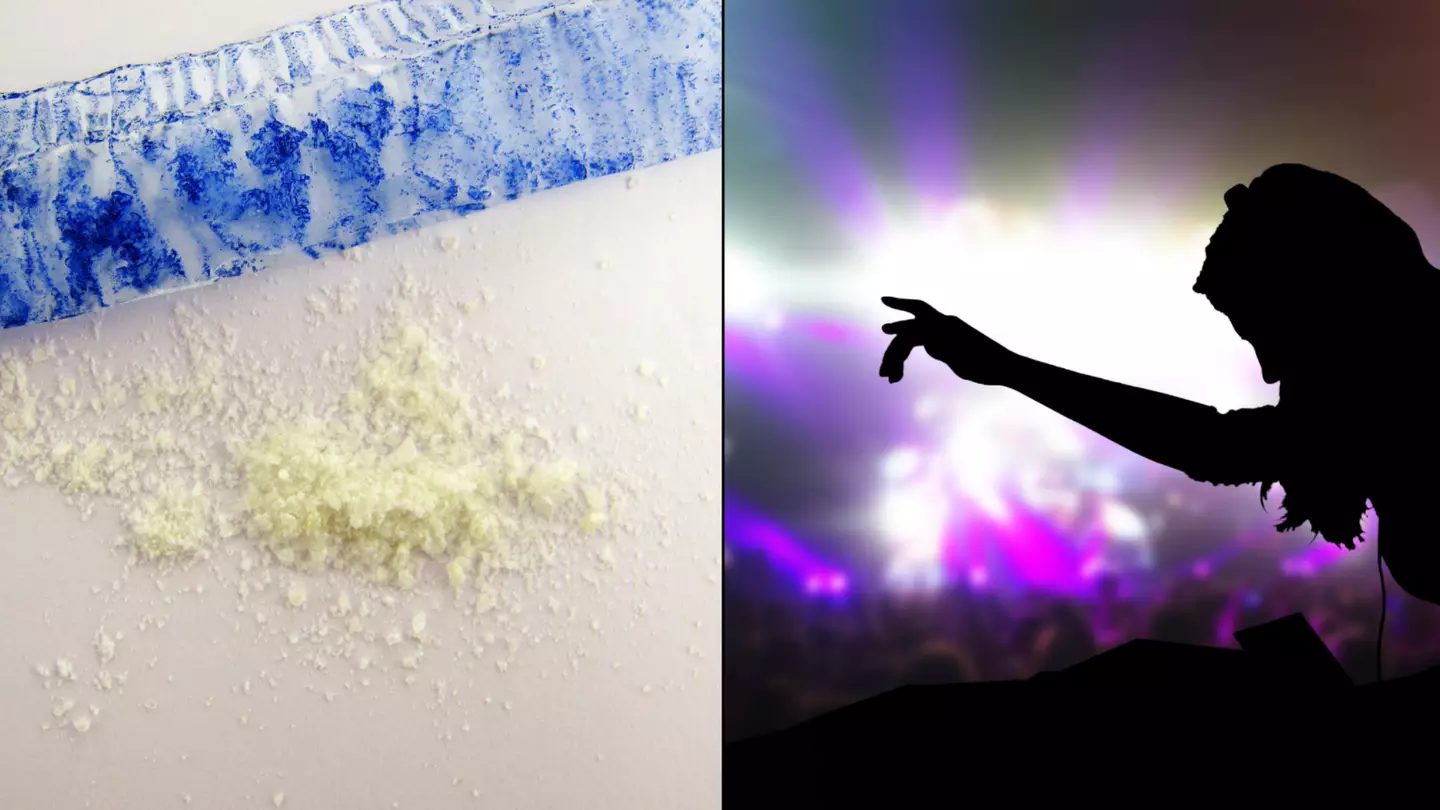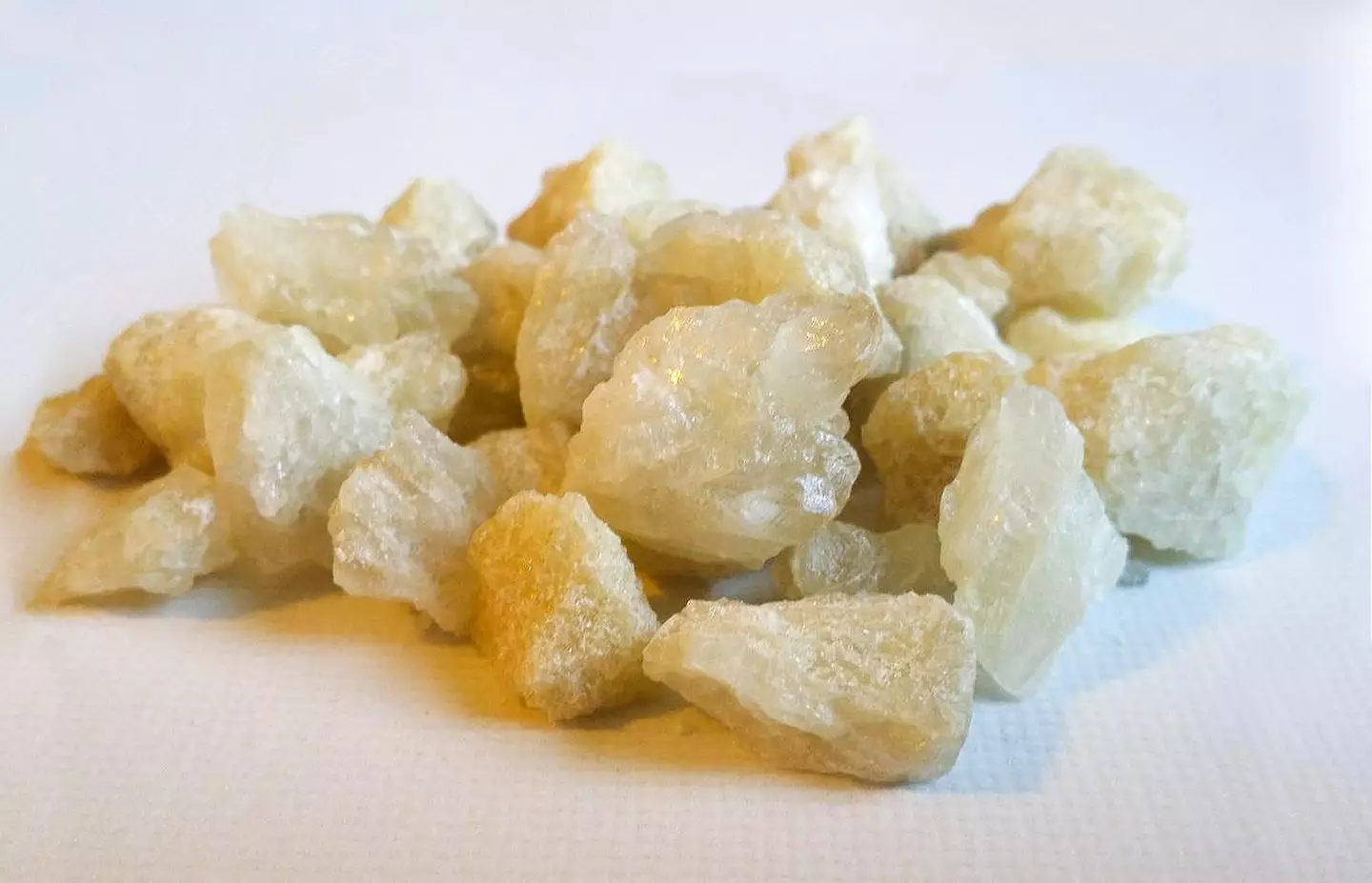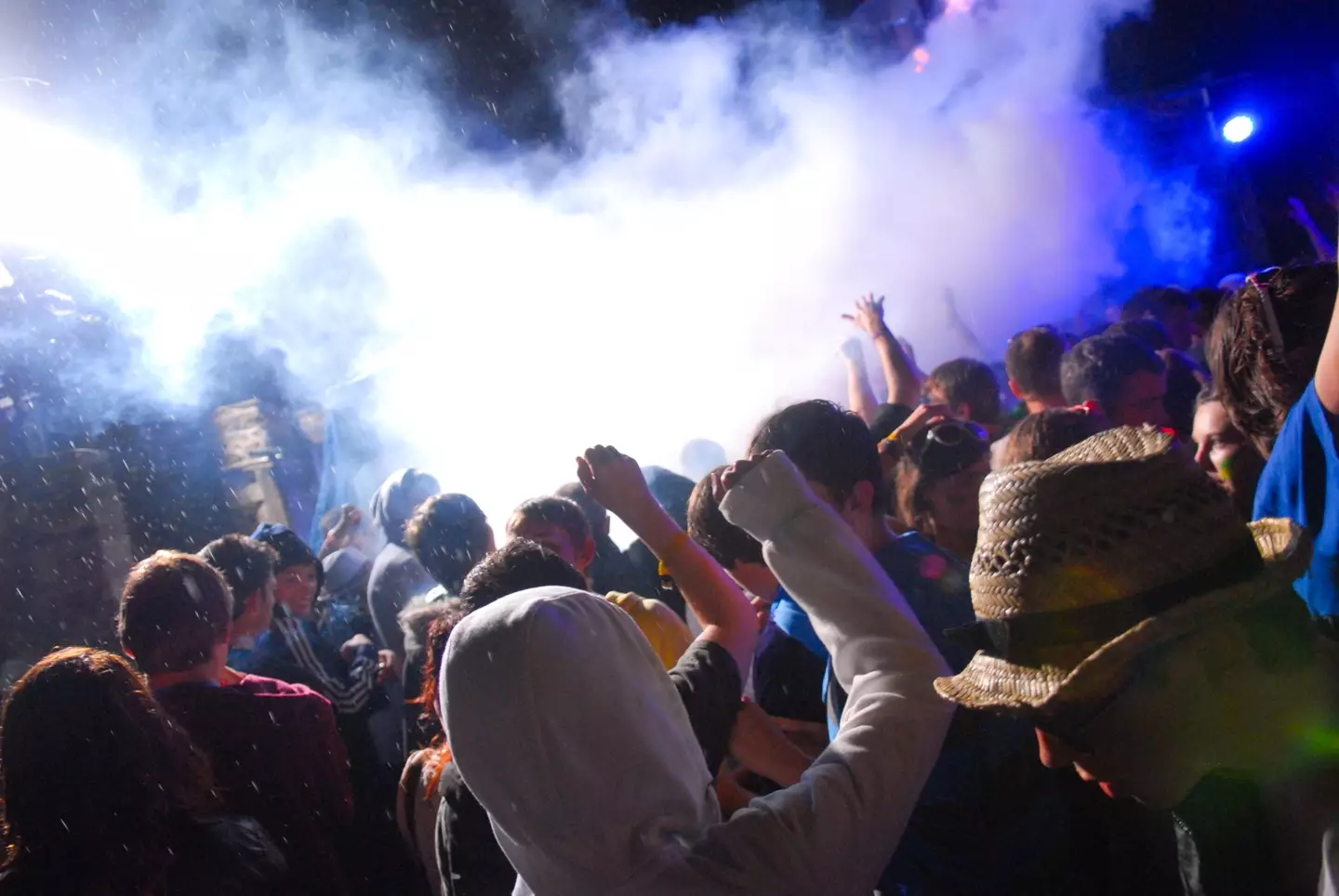
They say what goes up, must come down - but what if it mustn't?
Before going out, we all have to weigh up how high we want to fly with how far we're willing to fall. After four pints, the idea of four more can seem very appealing; the question is whether it will be worth the hangover that lurks around the corner.
The same goes for MDMA. Users determine that the rush will be worth the anxiety, misery and general hollowness that follows.
However, a new study suggests that MDMA doesn't actually cause a comedown after all.
Advert

The study - entitled Debunking the Myth of 'Blue Mondays' - tracked the moods of 14 people enlisted in an MDMA-assisted psychotherapy course to treat alcohol disorder.
Researchers found no drop-off following clinical MDMA use; in fact, participants maintained a positive mood for a whole week afterwards.
Now, before you go disregarding this as a load of b******s, it's important to understand that the study isn't denying the existence of comedowns.
Dr Ben Sessa, the co-author of the study and a research fellow at Imperial College, told VICE: "To be clear - comedowns and Blue Mondays are real amongst recreational ecstasy users.
Advert
"I got some criticism of the paper on Twitter from people who misunderstood the paper; people thinking I was saying that comedowns don't exist - and multiple people posting that I was wrong to say they don’t happen because they have had them.
"But they were all missing the point. They do exist when MDMA is taken recreationally. The point I was making is that they don't exist when it is given clinically."
So, what's the difference then?
Well, there are many - in terms of both the drug itself and the environment in which it's taken.

Advert
Dr Sessa explained: "The differences between clinical MDMA and recreational ecstasy are massive.
"An ecstasy tablet or a bag of crystal MDMA may contain anywhere between 0mg and 350mg of MDMA, plus any number of adulterants.
"In contrast, when we give MDMA clinically we use clinical grade MDMA, which is 99.98 percent pure."
He continued: "Sleep loss is perhaps the greatest difference and biggest contributor to ecstasy hangovers.
"People usually take recreational ecstasy at night. They stay up all night, missing out on sleep. This hugely contributes to feeling unwell and hungover the next day. The low mood effects persist for several days after missing a night’s sleep, which also causes this 'Blue Monday' effect a few days later.
Advert
"In contrast, we administer clinical MDMA at 9.30am, and the effects have worn off by the evening, at which point the patients feel back to baseline and naturally tired. They then get a good night's sleep and do not have any immediate hangover effects in the following week."
Basically then, you want to schedule your raves for first thing in the morning, and then get to bed at a sensible hour.
Other impractical steps you can take to minimise the comedown include not dancing about too much and drinking in moderation. So good luck with that, folks.